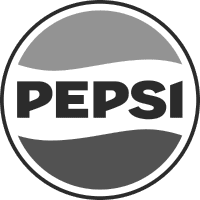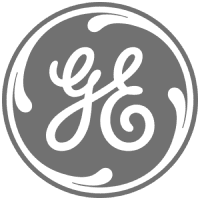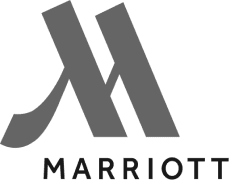Rental Kiosk Solutions
Interactive Kiosk Rental Solutions by MetroClick
MetroClick offers versatile interactive kiosk rental solutions for various events and industries. Their customizable kiosks feature user-friendly interfaces, ensuring a seamless experience for attendees. Renting a MetroClick kiosk not only elevates your event but also provides an engaging and efficient way for guests to access information and services.
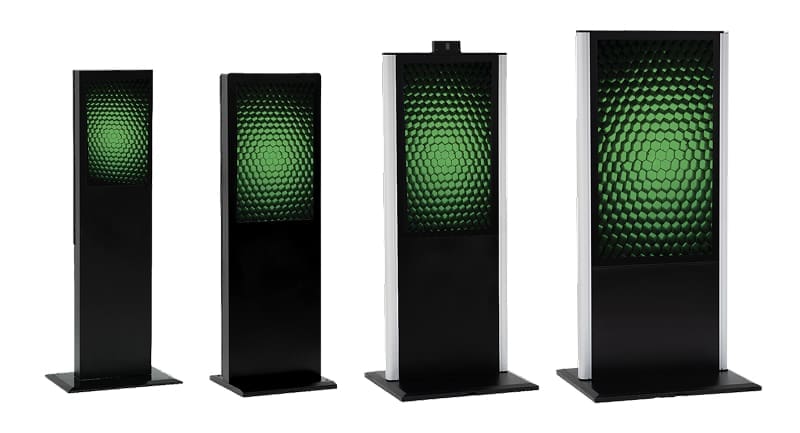
Trusted by industry leaders to power better customer experiences
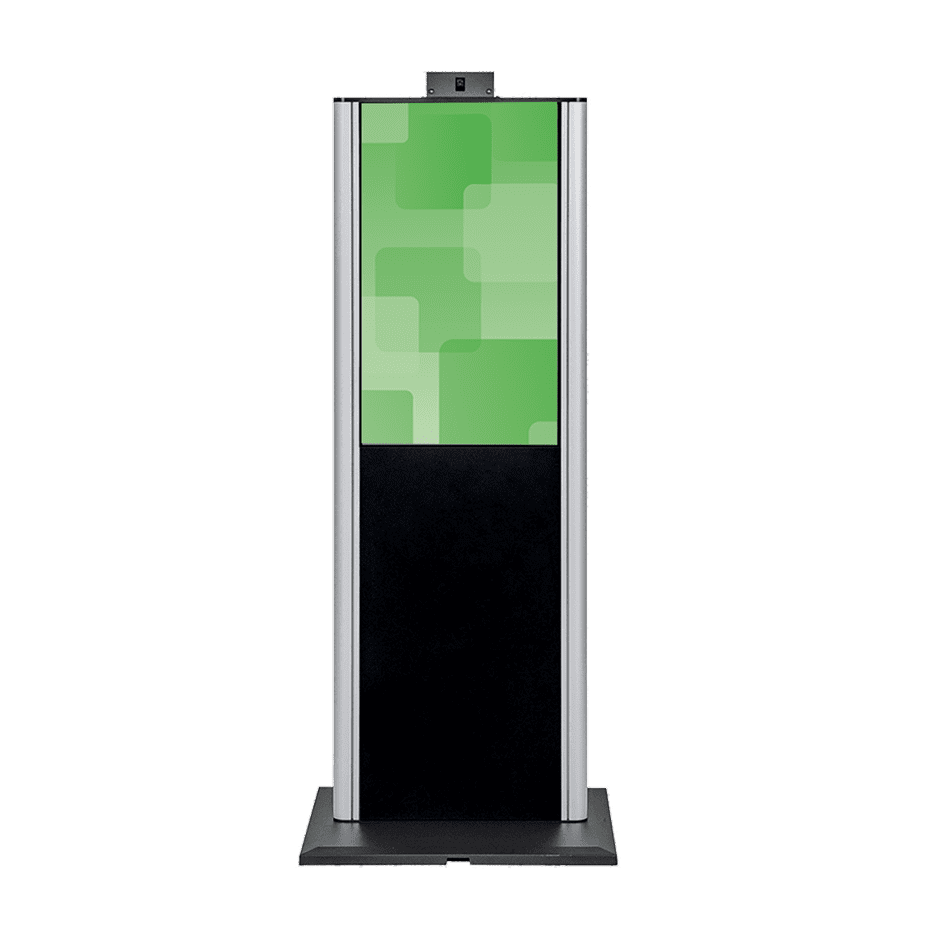
Upright Kiosks
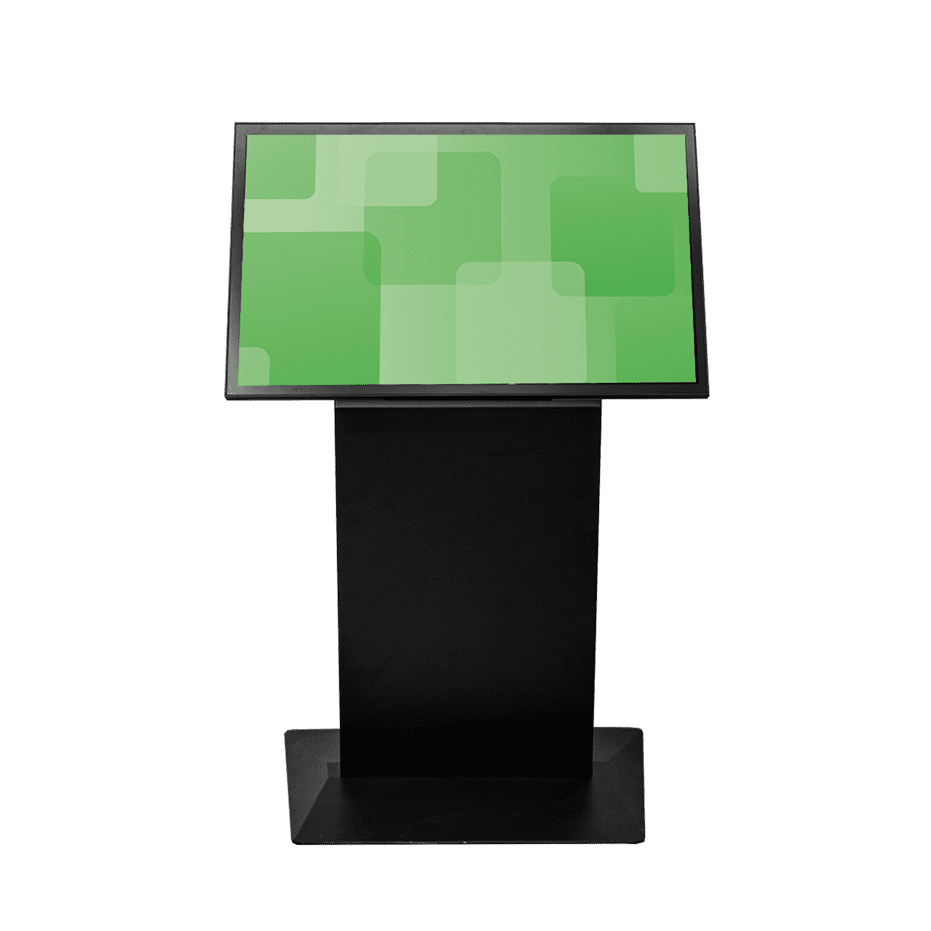
Landscape Kiosks
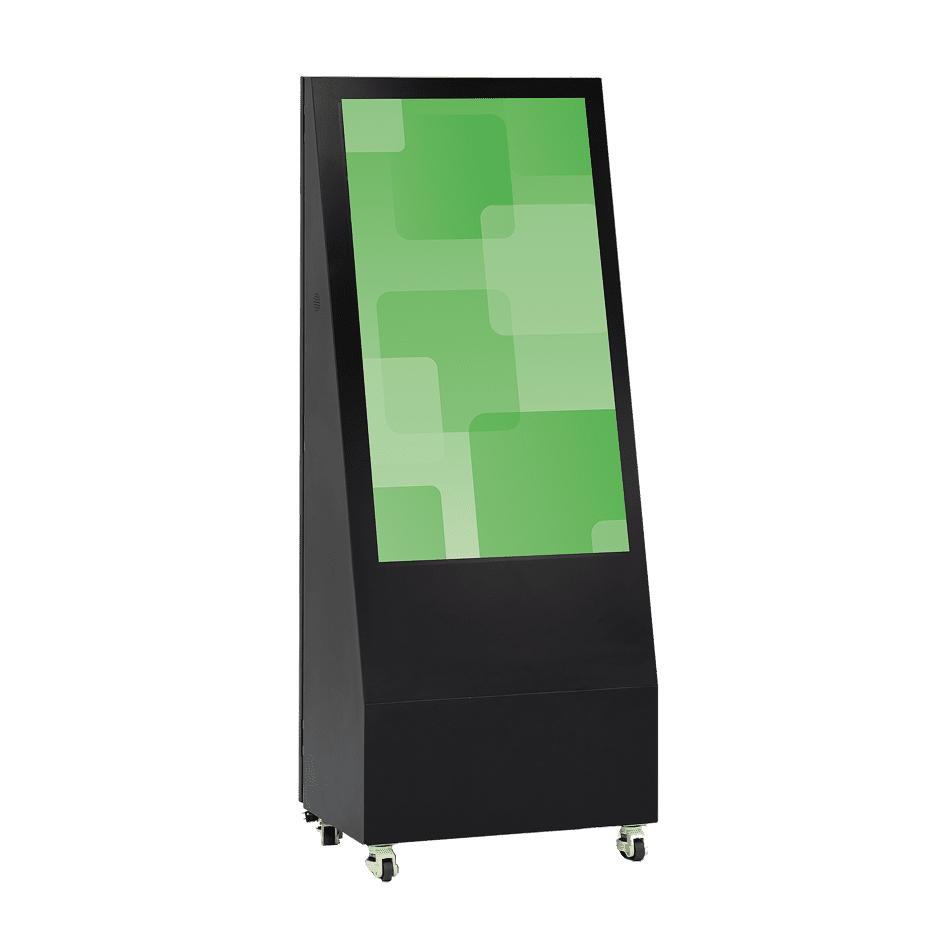
A-Frame Kiosks
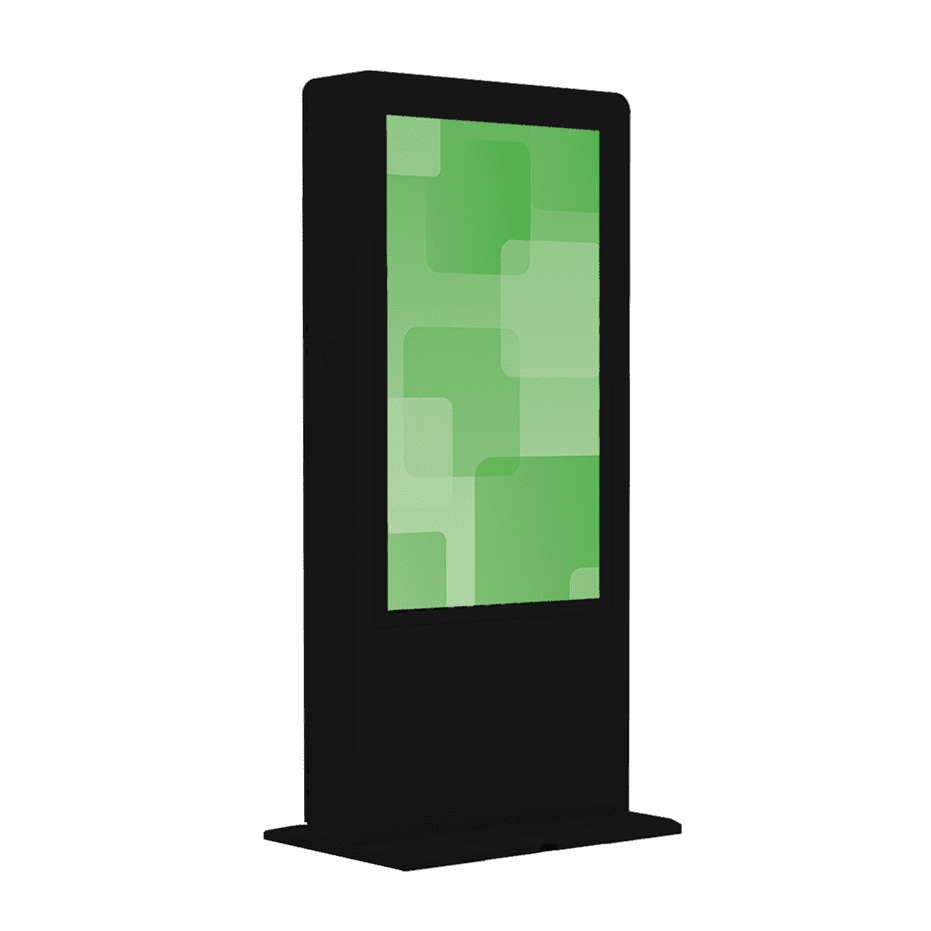
Outdoor Kiosks
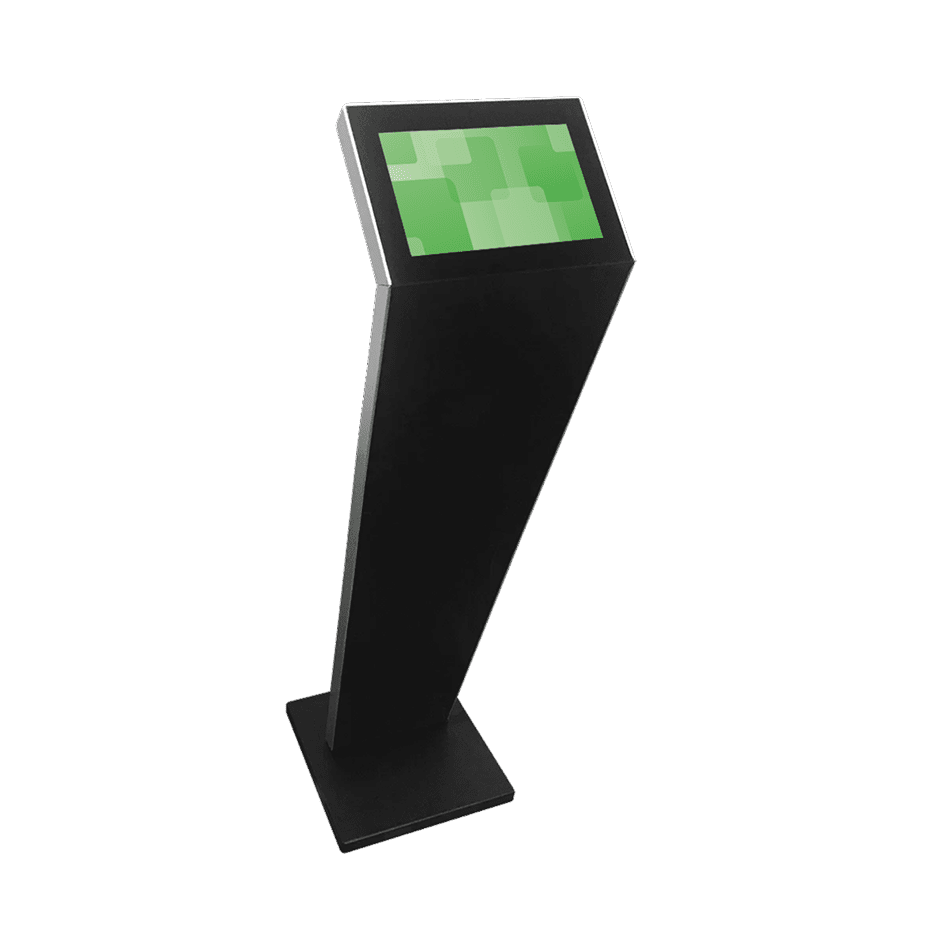
Compact Kiosks

Large Touch Screens
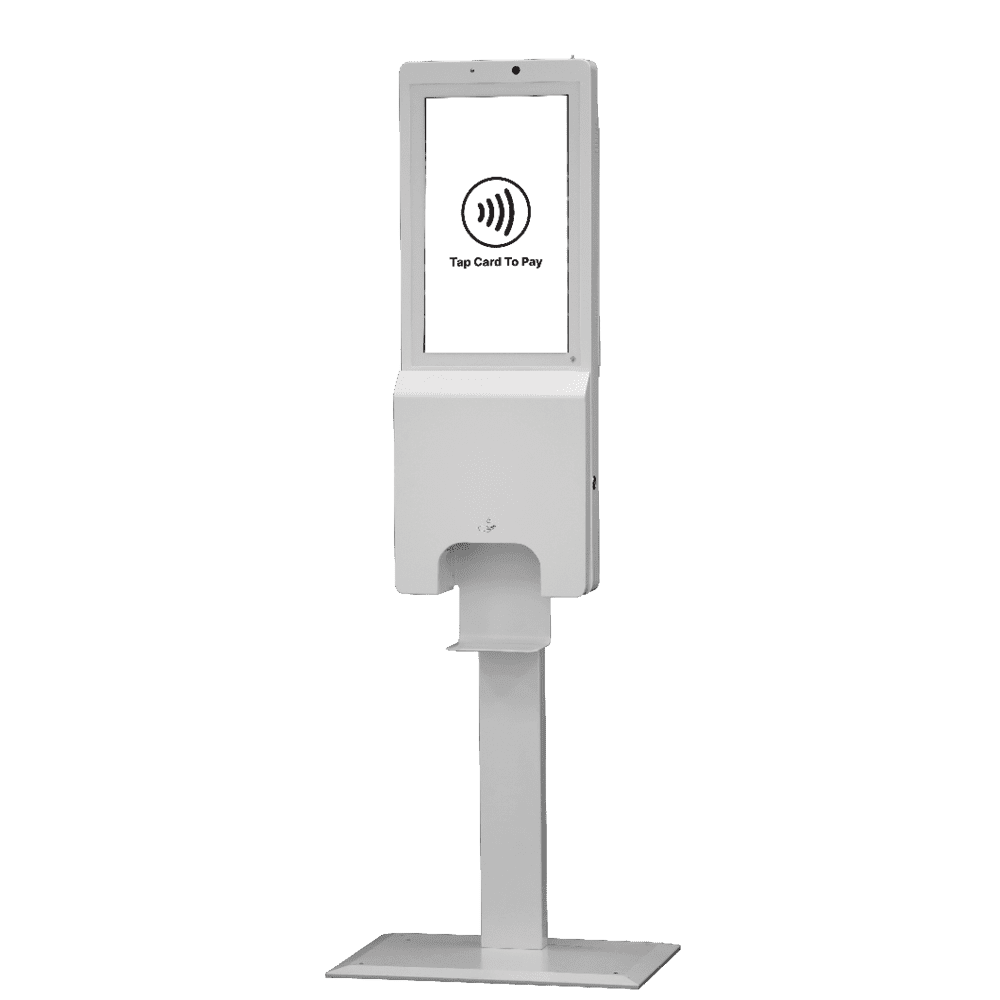
Sanitizer Stations

Photo Booths
Kiosk rental solutions that will streamline your business offerings
Built for Every Environment
Trust in ruggedized, rated, reliable and robust devices of all shapes and sizes that perform flawlessly indoors or out.
Engage and Inform
Guide users through effortless, self-driven, interactive experiences or stream advertisements and promotions 24/7 on optically bonded, enhanced viewing touch screens.
Modular in Design
Easily configure, connect and scale devices to suit different locations, functions and use cases, while streamlining maintenance, serviceability and operational expenses.
Unapologetically Authentic
Fit any space with aesthetics and branding that drives emotional resonance and authentic connections to your true brand.
MetroClick Manager
Sync every screen, everywhere
Our hybrid CMS and DXP platform that seamlessly connects your digital experiences. Easily deliver omnichannel content using intuitive editing tools and templates to craft engaging customer interactions.
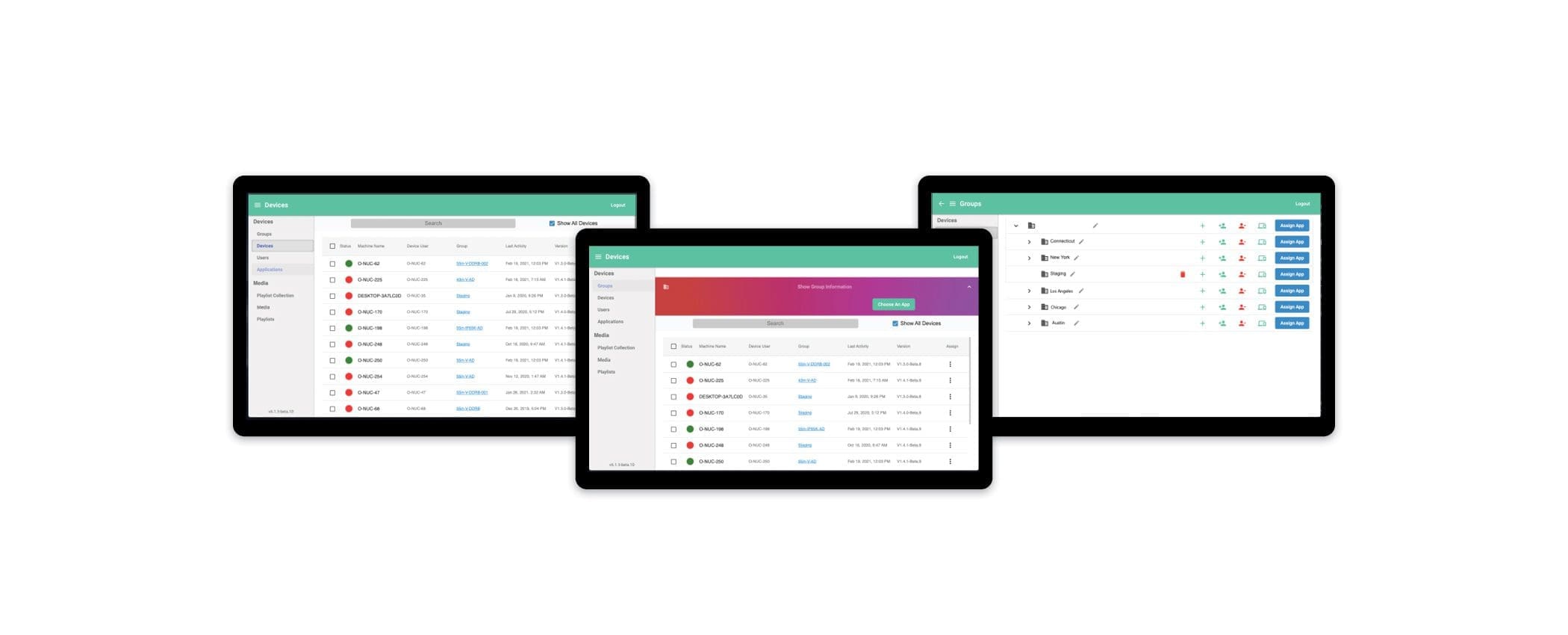
More Information
Strategic Advantages of Kiosk Rental Programs
The decision between purchasing and renting digital kiosks represents a critical strategic choice for businesses navigating dynamic market conditions. MetroClick’s rental programs provide access to cutting-edge kiosks with touch screen technology without the substantial capital investment required for outright purchase. This flexibility proves particularly valuable for organizations testing new concepts, managing seasonal demands, or operating within constrained budgets while still requiring professional-grade interactive solutions.
Understanding why renting instead of buying makes the most sense requires examining the rapidly evolving technology landscape. Hardware capabilities advance continuously, with new features emerging regularly that enhance user experiences and operational efficiency. Rental programs ensure access to current technology without the depreciation concerns associated with ownership. Organizations avoid the risk of investing in equipment that becomes outdated before achieving full return on investment, and maintain competitive advantages through regular technology updates.
Rental Solutions for Diverse Business Applications
Event-Based and Temporary Deployments
Trade Shows represent ideal scenarios for kiosk rentals, where businesses require professional presentation capabilities for limited durations. Exhibition environments demand attention-grabbing displays that facilitate lead capture, product demonstrations, and brand engagement. Rental programs eliminate the logistics challenges of transporting owned equipment across multiple venues while ensuring access to pristine, fully-functional units at each location. Professional setup and breakdown services typically included with rentals reduce staff burden during critical event periods.
Seasonal businesses leverage rental programs to match technology deployments with revenue cycles. Retail purposes during holiday shopping seasons benefit from additional Self-service checkout stations without year-round ownership costs. Pop-up stores test market viability using rented kiosks to gauge customer response before committing to permanent locations. Outdoor events and festivals utilize weather-resistant rental units designed for temporary installations, avoiding storage and maintenance responsibilities during off-seasons.
Information and Wayfinding Applications
Organizations hosting conferences, conventions, or special events frequently require temporary Providing Information solutions to assist attendees with navigation and scheduling. Rental kiosks configured with customized wayfinding software guide visitors through unfamiliar venues while displaying real-time event updates. Healthcare facilities undergoing renovations deploy rental units to maintain wayfinding capabilities during construction periods when permanent installations become inaccessible.
Educational institutions utilize rental programs for graduation ceremonies, orientation weeks, and special events requiring additional information points. Government agencies deploy rented kiosks for voter registration drives, census collection, and public information campaigns. These temporary needs benefit from professional-grade equipment without long-term commitments, ensuring successful implementations while managing taxpayer resources responsibly.
Financial Benefits of Kiosk Rental Models
Cash Flow Optimization
Rental programs transform large capital expenditures into predictable operational expenses, improving cash flow management for businesses of all sizes. Monthly rental payments align costs with revenue generation, particularly beneficial for startups and growing companies, preserving capital for core business investments. Established organizations appreciate the budgeting predictability of fixed monthly costs versus variable maintenance and upgrade expenses associated with ownership.
Tax advantages often accompany rental arrangements, with payments typically qualifying as deductible business expenses. This immediate deductibility contrasts with depreciation schedules required for purchased equipment, providing more favorable near-term tax treatment. Financial flexibility extends to scaling capabilities, allowing businesses to adjust kiosk quantities based on actual demand without surplus equipment becoming stranded assets during slower periods.
Risk Mitigation Strategies
Technology investments carry inherent risks related to obsolescence, maintenance requirements, and changing business needs. Rental programs transfer these risks to providers who maintain equipment, ensure functionality, and manage technology refresh cycles. Hardware failures receive immediate attention through replacement units, minimizing operational disruptions that could impact customer experiences and revenue generation.
Market uncertainty makes rental programs particularly attractive for businesses exploring new ventures or responding to evolving conditions. Pilot programs testing innovative service delivery models benefit from rental flexibility, validating concepts before committing substantial resources. Economic downturns or unexpected business changes become more manageable when technology commitments remain flexible rather than fixed through ownership.
Comprehensive Rental Package Components
Hardware and Software Integration
MetroClick’s rental packages include fully integrated solutions combining hardware and software configured for specific use cases. Product display applications receive specialized software showcasing merchandise with zoom capabilities, 360-degree views, and detailed specifications. Payment processing integrations support various transaction types from credit cards to mobile wallets, ensuring compatibility with existing merchant services.
Digital Signs functionality extends rental kiosk capabilities beyond interactive applications, displaying promotional content during idle periods. Content management systems included with rentals enable remote updates across multiple units, maintaining message consistency while responding to changing promotional priorities. Analytics packages track user interactions, providing valuable insights into customer behavior and content effectiveness throughout rental periods.
Support Services and Maintenance
Professional support distinguishes comprehensive rental programs from simple equipment leasing. Technical assistance remains available throughout the rental term, addressing configuration questions, troubleshooting issues, and optimizing performance. Preventive maintenance schedules ensure consistent operation, with technicians performing regular inspections and updates. This proactive approach minimizes disruptions while maximizing equipment availability during critical business periods.
Training services help staff maximize rental kiosk capabilities, covering basic operations through advanced features. Documentation customized for specific implementations ensures smooth knowledge transfer as personnel change. Remote monitoring capabilities enable support teams to identify potential issues before they impact operations, often resolving problems without on-site visits. These comprehensive services ensure successful deployments regardless of internal technical expertise levels.
Selecting Optimal Rental Configurations
Organizations considering kiosk rentals benefit from systematic evaluation processes matching technology capabilities with business objectives. Assessment begins with defining primary use cases, expected user volumes, and environmental requirements. Indoor installations in climate-controlled environments accommodate different hardware options than outdoor deployments facing weather extremes. User demographic analysis influences interface design decisions and accessibility feature requirements.
Duration planning affects rental program selection, with short-term needs benefiting from different packages than extended deployments. Daily rental rates typically decrease with longer commitments, making annual contracts attractive for ongoing needs. Flexibility provisions allowing mid-term adjustments accommodate businesses experiencing growth or seasonal variations. Geographic considerations influence delivery logistics and support availability, factors particularly important for multi-location deployments.
MetroClick’s rental specialists guide organizations through configuration decisions, ensuring optimal matches between business needs and available technologies. Consultation services identify opportunities for enhanced functionality while managing costs effectively. Custom branding options maintain corporate identity standards across rental units, creating cohesive customer experiences indistinguishable from owned equipment. This comprehensive approach transforms kiosk rentals from simple transactions into strategic partnerships supporting business success.




